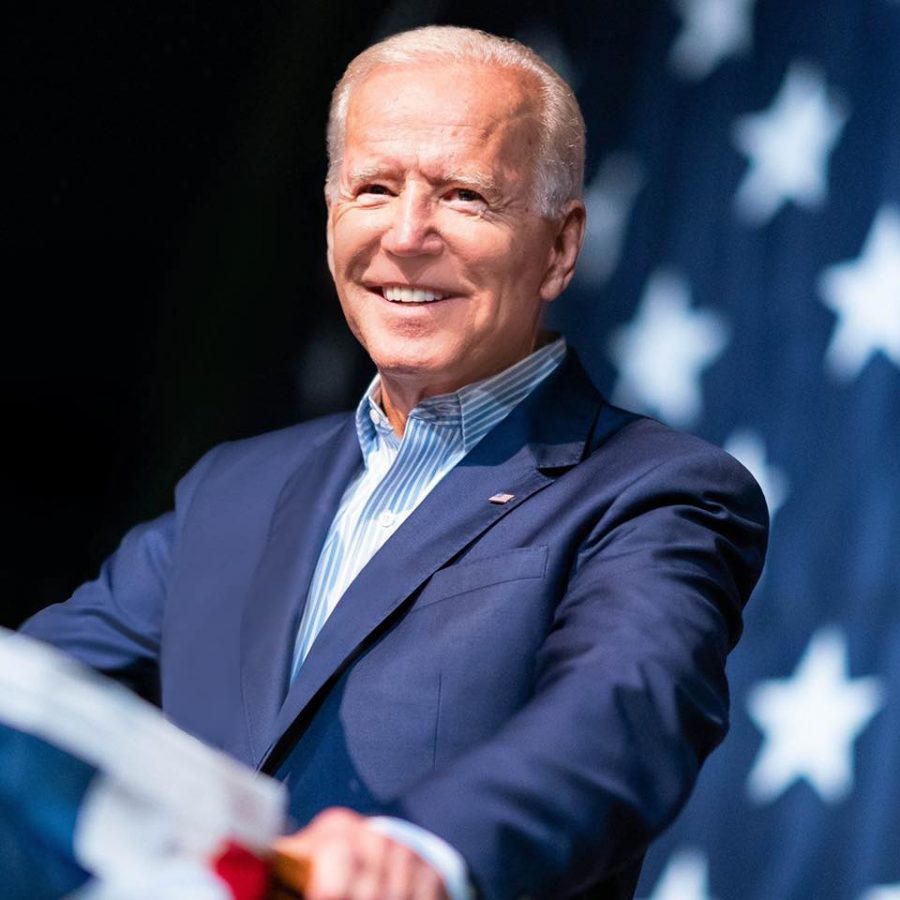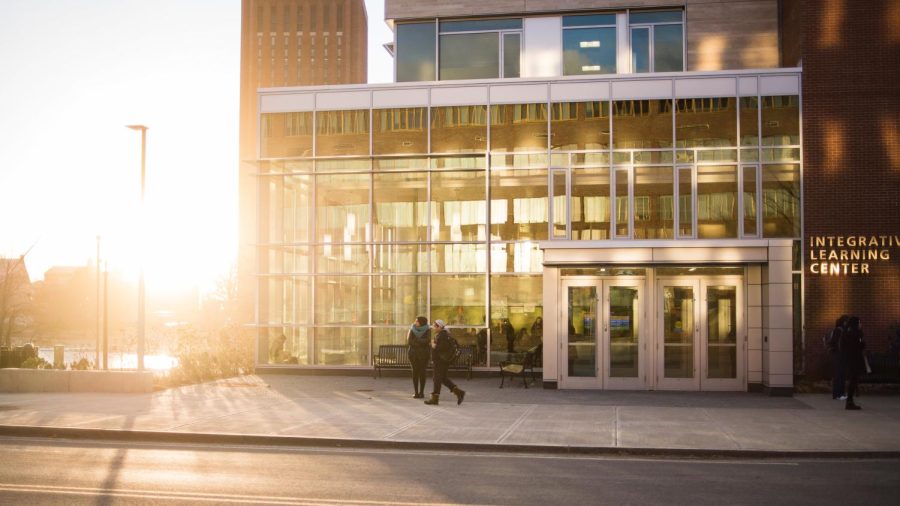On March 3, 2019, RealClearPolitics’ polling average placed Joe Biden as the clear frontrunner for the Democratic presidential nomination, beating second-place Bernie Sanders by a 10 point spread. That’s right: March 3, 2019, a year before Super Tuesday and before Biden even announced his candidacy. In April 2019, Nate Silver of FiveThirtyEight wrote, “While Biden’s polling isn’t spectacular, it’s stronger than anyone else’s in the field by some margin … while New Hampshire is a potential liability for Biden in Sanders’s backyard, South Carolina — populated with moderate Democrats and African Americans — is a potential strength.”
On March 3, 2020, Biden took home 513 convention delegates from the 14 states which held primaries on Super Tuesday, while Sanders finished with 435. Just as Silver predicted, his electoral strength came from moderates and African Americans, securing victories in Southern states while Sanders prevailed in the west. At the end of the week, only Biden, Sanders and Tulsi Gabbard remained in the race.
If someone had been asleep for the past year and woke up to these results, they might assume that in another unexciting Democratic primary, not much had happened in the last 12 months. But a lot did happen: more than 20 campaigns rose to challenge Biden and Sanders’ pursuit of the nomination. Anti-establishment faces, a diverse collection of capable senators, a few peppy long-shot campaigns and two self-funded billionaires all failed to win over public opinion and ultimately could not strip away Biden’s narrow lead.
Ten fierce debates aired on national television, after each of which pundits eagerly declared winners and losers. These were like a mediocre television series: a few enduring moments, but at the end of the day if you saw one, you saw them all. Over one billion dollars was collectively spent by candidates seeking the throne. Joe Biden – who spent a mere $13.9 million as of the end of February – remains saddled in first place, despite never visiting many of the states he won.
I am not trying to prove that Biden had a remarkable campaign. By most measures, he has been underwhelming. Rather, his candidacy, and the election at large, is worth reflecting on. Before Biden even entered the race in 2019, Andrew Prokop of Vox wrote, “there are also reasons to suspect Biden’s current lead is a lot like Giuliani’s in 2007 or Jeb Bush’s in early 2015 — that it’s illusory, based on a vague general positive impression that won’t survive contact with an actual campaign.” A year later, it seems inconceivable that so recently after Trump wiped the floor with party-approved, generally well-liked moderate Republicans, Biden was the candidate in 2020 to brush off the bites of two dozen ambitious underdogs hungry for first place. Somehow, Biden managed to stand his ground for 12 months and pull off a late comeback while fundraising less than his opponents and helplessly stuttering on the debate stage.
The last year of campaigning has not been pointless. Rather, every other effort to win the nomination seems to have cancelled itself out. To me, the last year speaks more to the short attention span of a vocal minority of political junkies on the internet than of the preferences of a still-predictable American electorate. A primary process that was newly engineered by the DNC to be more democratic – improving financial transparency, overhauling the caucus process and depriving superdelegates of their first-round convention votes – resulted in an obscenely expensive exercise in futility. The primary was a year-long media spectacle that failed to deliver Democratic voters any more choices than the two old men who lead the pack before the election even began. In an era when national elections are portrayed as exciting, unpredictable contests, this primary can serve as a lesson that voters are easier to predict – and harder to persuade – than we take them to be.
Nathaniel Reynolds can be reached at [email protected].




















Neil Singh • Mar 11, 2020 at 8:43 am
The way I see it, it’s had one good use: reminding Twitter that it hold absolutely no sway in this country, and bringing in the rejection of socialist tendencies in the modern Democratic Party. A clean sweep, cleaner than than the 2016 primary by quite the margin.
Never use the words ‘bend the knee’ again, future socialist campaigners.